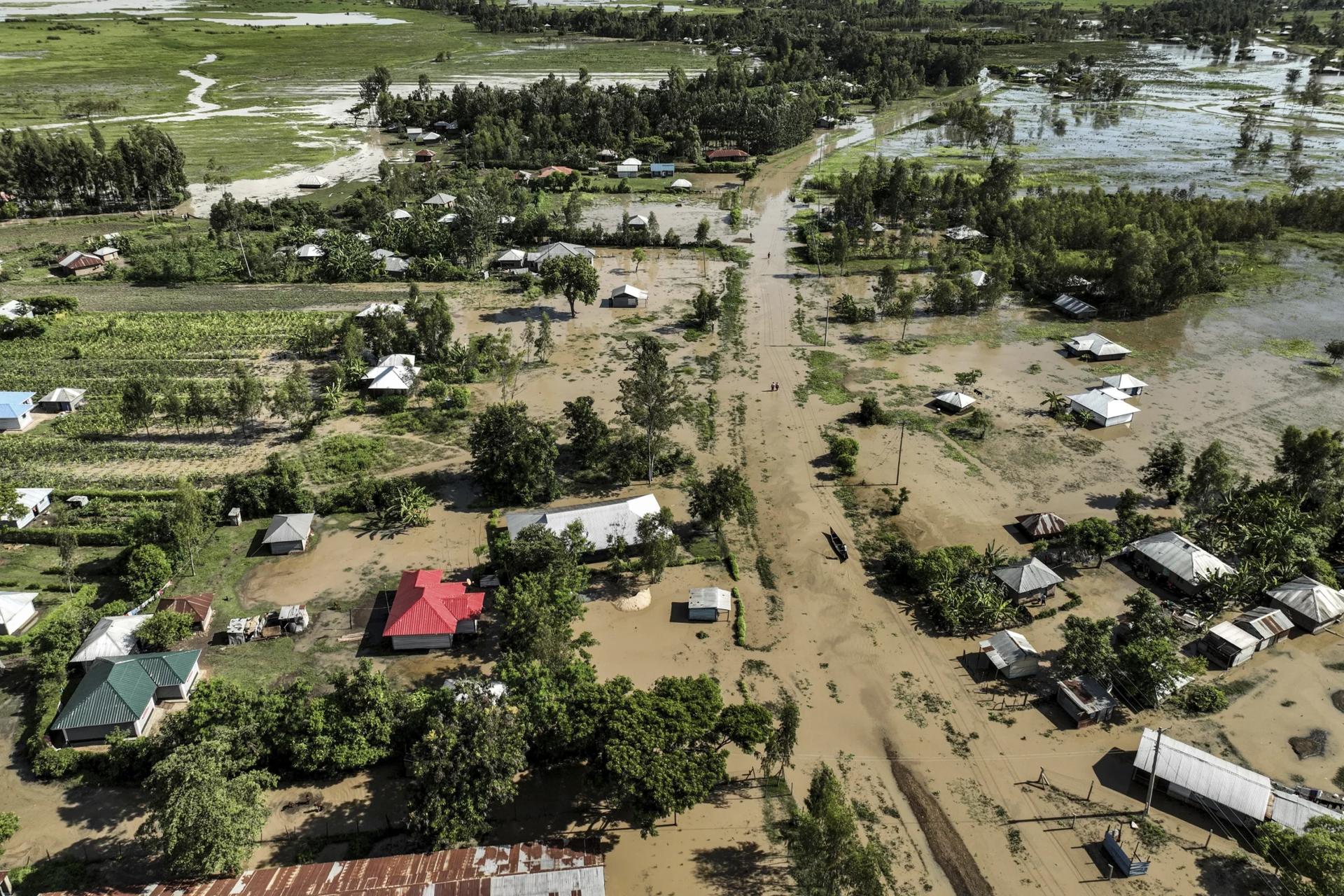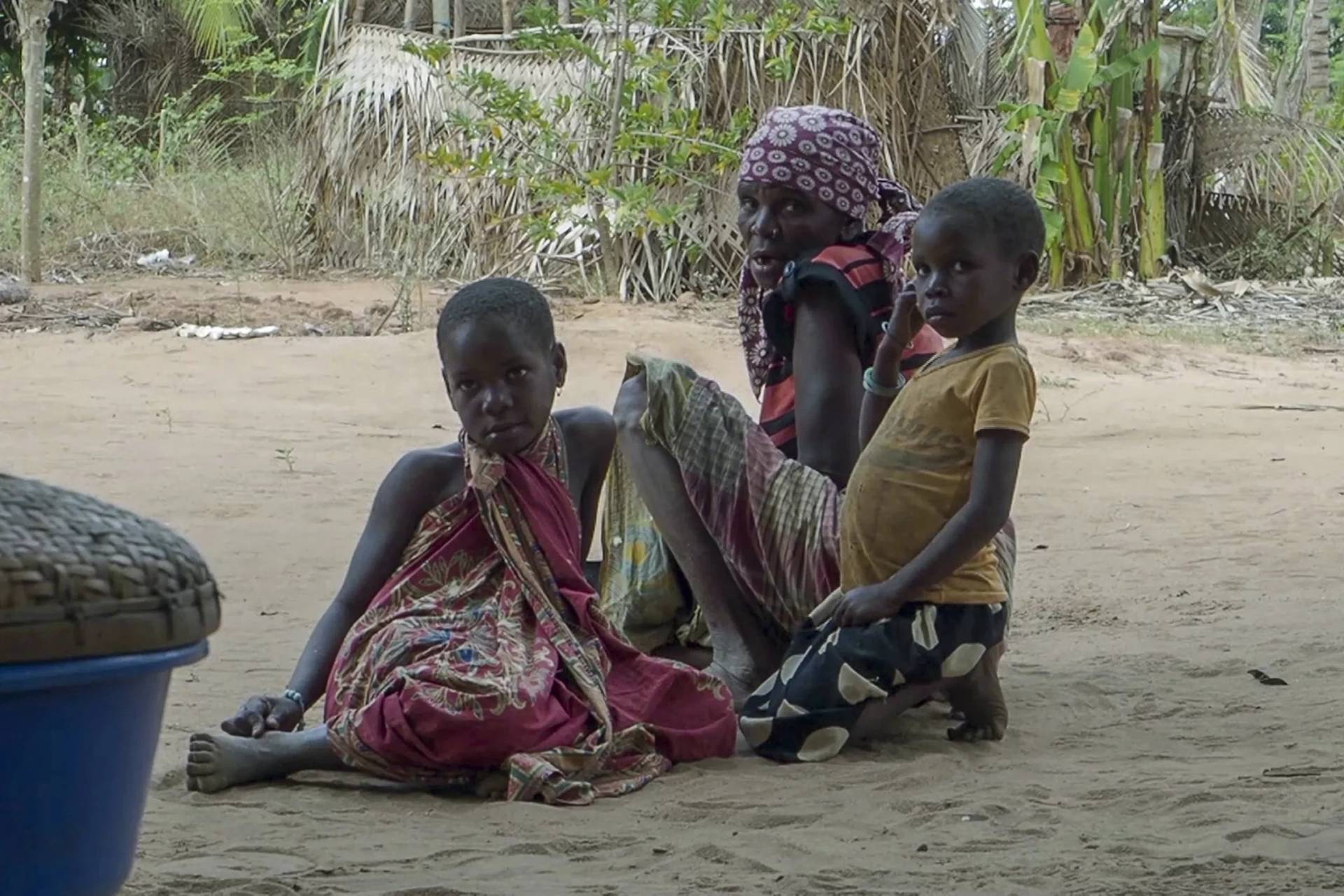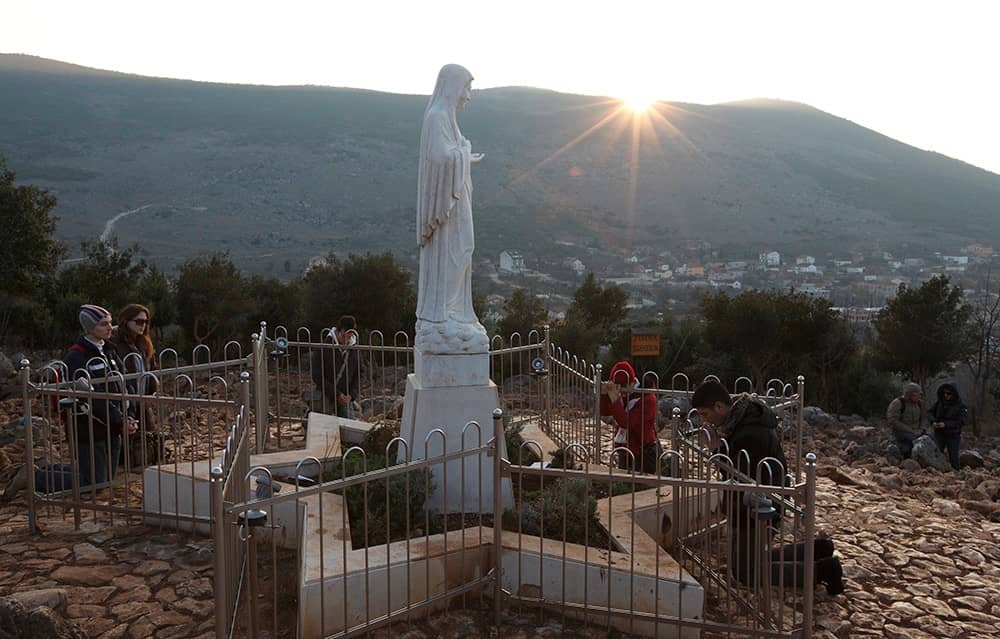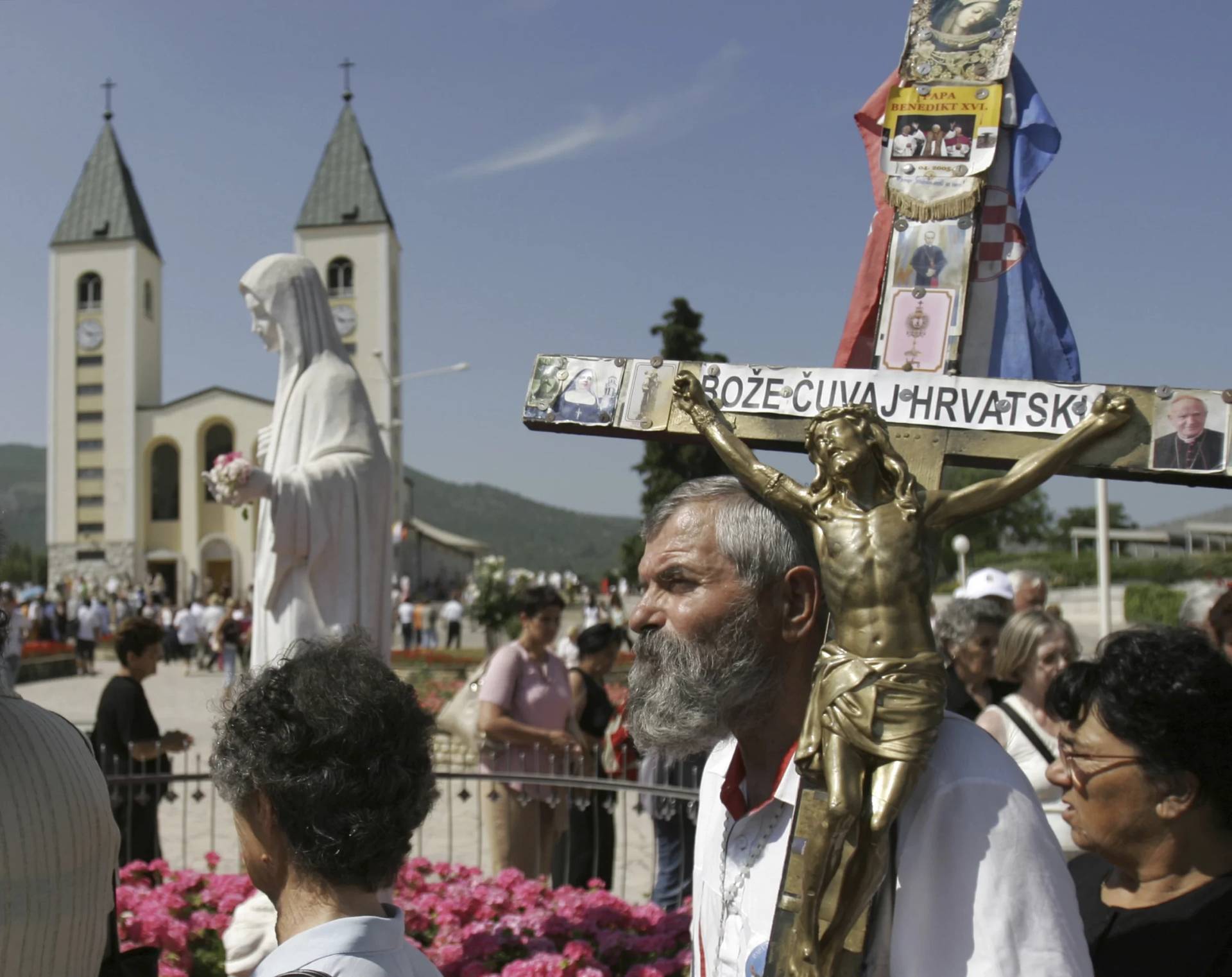YAOUNDÉ, Cameroon – Weeks of heavy rains have left a trail of death and destruction across East Africa, with Kenya, Tanzania and Burundi the worst hit.
“Currently, the rains have killed more than 90 people since mid-March – and still counting – and more than 131,450 people have been displaced [in Kenya alone],” said Christian Aid’s Kenya Country Director Janet Ngombalu.
By April 29, that toll had already risen to more than 120.
She said the humanitarian needs were rising “following the heavy rains, floods and flash floods. Several counties have been affected with Nairobi being the worst hit.”
Ngombalu said the Kenya Red Cross has set up 59 camps to provide temporary accommodation.
“With the rainfall expected to continue, swollen rivers and overflows from major dams pose a huge risk to Kenyans living in the lowlands,” she told Crux.
“Infrastructure including major roads and buildings has been destroyed. The education sector has also been affected and reopening of schools has been postponed by the Ministry of Education,” Ngombalu added.
She said Christian Aid Kenya is working with other actors to raise a START Network alert to respond to the current crisis.
“We do face obstacles getting enough funding for the needs we are encountering and also accessibility to some sites has been a challenge, which means we have to offer multi-purpose cash assistance to respond in some areas, where people are able to buy essentials, “she told Crux.
In Burundi, the relentless rise of Lake Tanganyika’s waters overflew and thrust the port of Bujumbura, Burundi’s economic hub, into turmoil. Business operations have come to a halt as the encroaching lake disrupts daily life.
Philip Galgallo, Country Manager for Christian Aid told Crux that several provinces have been affected in Burundi, with Bujumbura Rural being the worst hit so far.
He said nearly 204,000 people have been affected by the floods, 19,250 homes lie in ruins and 209 classrooms have been destroyed.
According to the UN representative in Burundi, the number of internally displaced people rose by 25 percent, reaching more than 100,000 in the country.
“Since March 12, 2024, the water level of Lake Tanganyika has risen by 777 meters, exceeding the normal level by 1.76 meters – marking the most severe increase in 60 years,” Galgallo told Crux.
“In recent days, residents have had to halt their activities, with some forced to evacuate as the lake continues to encroach upon inhabited areas,” he added.
He said humanitarian agencies in Burundi are currently overwhelmed by the continued increase in the lake waters.
“The most recent incident happened over April 19 and 20, on the Gabaniro Hill, in the Muhuta Commune, in Rumonge Province, where a landslide caused serious damage. A four-year-old died, four people were injured, and more than 2,400 people were displaced,” Galgallo said.
“Buildings and infrastructure were damaged with 497 houses destroyed along with damage to 700 hectares [1730 acres] of fields, a drinking water supply, and the destruction of an energy base, two reservoirs, a water pumping station, three high-voltage electricity pylons, and one mini hydro-electric power station,” he said.
“In addition, according to the IFRC, the port of Rumonge is reported to be flooded, and Bujumbura Port partially flooded,” he continued.
Galgallo said Christian Aid Burundi is working with Action Aid, Save the Children, Tear Fund, Help Age, World Vision, and Concern, trying to put together a response plan to the Start Network Fund.
Tanzania happens to be the worst hit, having recorded at least 155 deaths with 236 others injured.
Prime Minister Kassim Majaliwa addressed Parliament, revealing that the El Nino climate pattern has exacerbated the current rainy season. The heavy rains have led to widespread flooding, resulting in the destruction of critical infrastructure such as roads, bridges, and railways. The situation remains dire, he said, as communities grapple with the aftermath of nature’s fury.
“The heavy El Nino rains, accompanied by strong winds, floods and landslides in various parts of the country, have caused significant damage,” Majaliwa told Parliament on Thursday.
Church appeals for help
With the Kenyan department of meteorology telling the country, and by extension the region to brace for even more rains, Church leaders are now calling for help to deal with the aftermath. The Vice President of the Kenya Conference of Catholic Bishops, Archbishop Anthony Muheria of Nyeri, said God was calling on all people of goodwill to help.
“That’s why we are launching this appeal so that each person gives anything that can help. Either mattresses, blankets, cooking pots, food, clothing – anything that can help the children or families that have been affected by the floods,” he said.
“A little money, a little flour, even clothing. … The good Samaritan, who meets the afflicted man on the side of the road, is us,” the archbishop said.
















